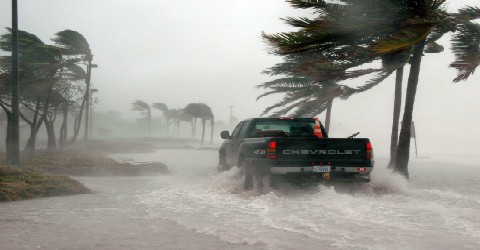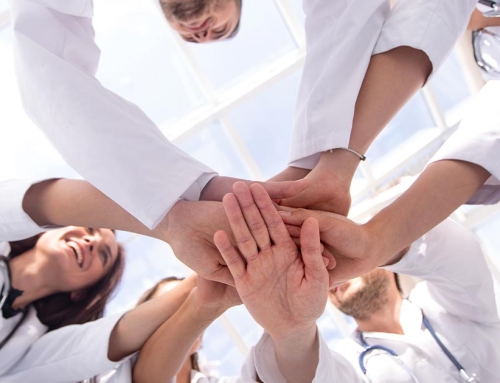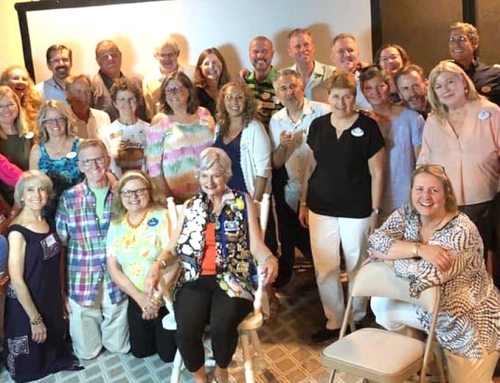
It’s hard not to be moved watching the images of Hurricane Harvey, which ravaged Texas and Louisiana and Hurricane Irma, which barreled through the Caribbean and the entire state of Florida.
The National Guard, police, fire, EMTs, and other emergency personnel are working 24/7 to rescue people trapped in their homes and vehicles. We see images of people using their own boats to help rescue neighbors. And we see families on their roof, in their car, and even one mother and child floating down their street in an empty refrigerator.
The images are devastating and heartbreaking.
During Harvey, at a hospital in downtown Houston, a friend works as a nurse manager. She’s typically on the clock for three, 12-hour days and then off for the remaining four. But since the Friday when Harvey started, she’s been non-stop. Obviously, the work load is greater than usual, but she’s also there because the next shift employees have literally been unable to get to work. The roads are impassable. And many are using their medical talents and training to help people on the street.
I’ve been in touch with her via text to make sure she and her family are safe. She told us she was tired, but she was happy to be where she was helping her community.
She told me she was part of a group of nurse managers who had pretty much taken charge over something that might get overlooked in a crisis like this: breaks. Their job is to make sure everyone in the hospital (clinical and non-clinical) gets sufficient breaks and rest.
She reasoned, “There’s lots of us here – doctors, nurses, housekeepers, even volunteers – who simply haven’t been able to leave. So we’re all just hunkering down and doing our jobs. This is what we do: we care for patients and we care for each other. I don’t know when we’ll be able to leave, so until then we need to make sure we take care of ourselves so we can handle whatever comes our way.”
That’s what caregivers do, of course: they take care of patients and families. But leaders have a different role. Their job is to care for those that care for others. This is especially important during a crisis such as this.
Thank you to all the caregivers and emergency responders who continue working tirelessly to help the people of Houston, Southeast Texas, Florida, and the Southeast. And thank you to the healthcare leaders who care for their teams so they are better prepared to care for patients. Your work is truly heroic.
From all of us at Integrated Loyalty Systems, we send our love, prayers, and strength to those affected by these hurricanes.
If you’d like to help the efforts in any way large or small, here are some options to consider:
Red Cross
Visit redcross.org, call 1-800-RED-CROSS, or text the word HARVEY to 90999 to make a $10 donation.
Southern Baptist Disaster Relief
Learn more about how to support their efforts here.
Save the Children
Support their Hurricane Harvey relief efforts here.
Houston Food Bank
Donate now or learn more about how to volunteer at houstonfoodbank.org.
Unicef USA Here
The Salvation Army here.






Leave A Comment